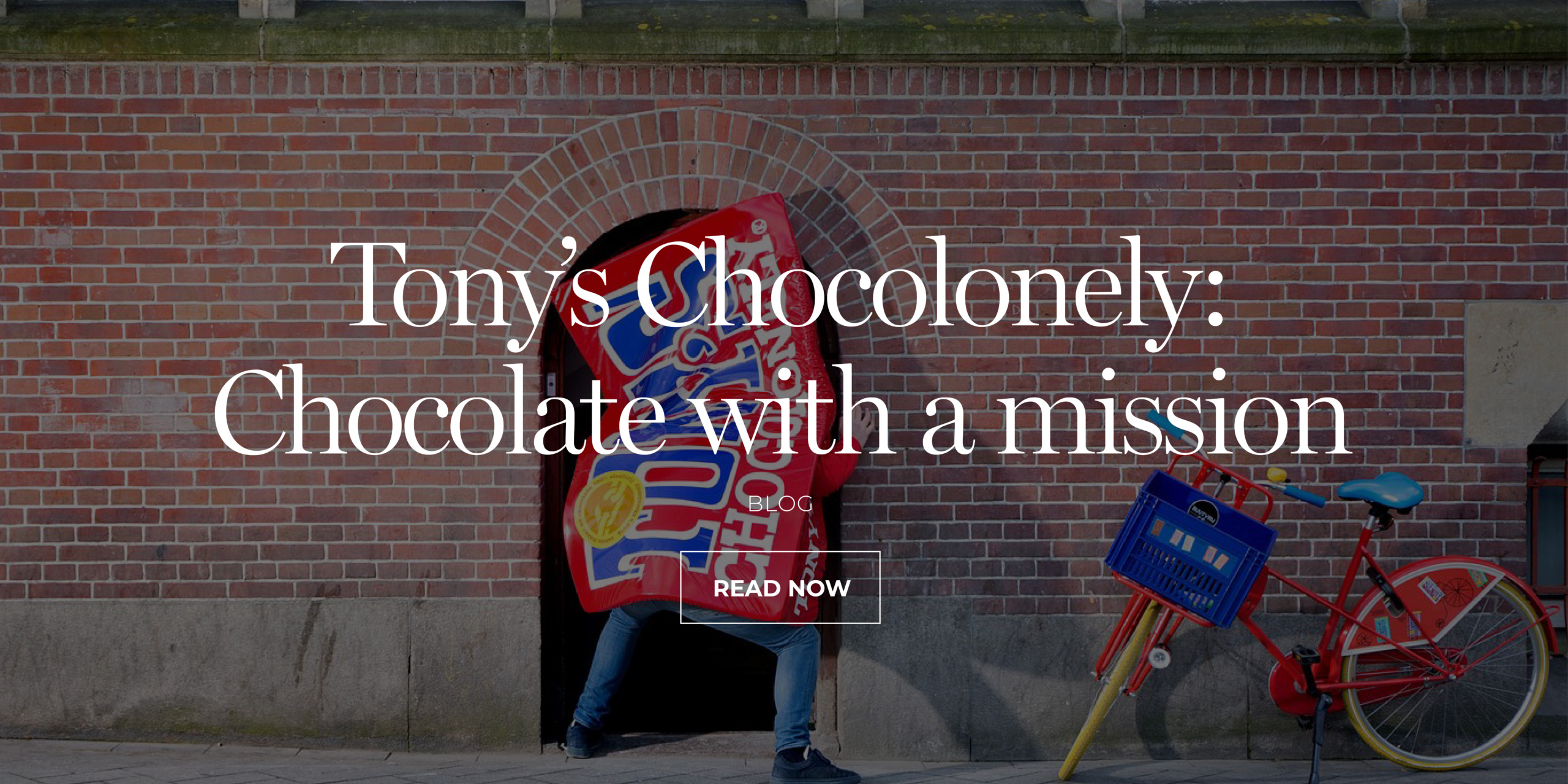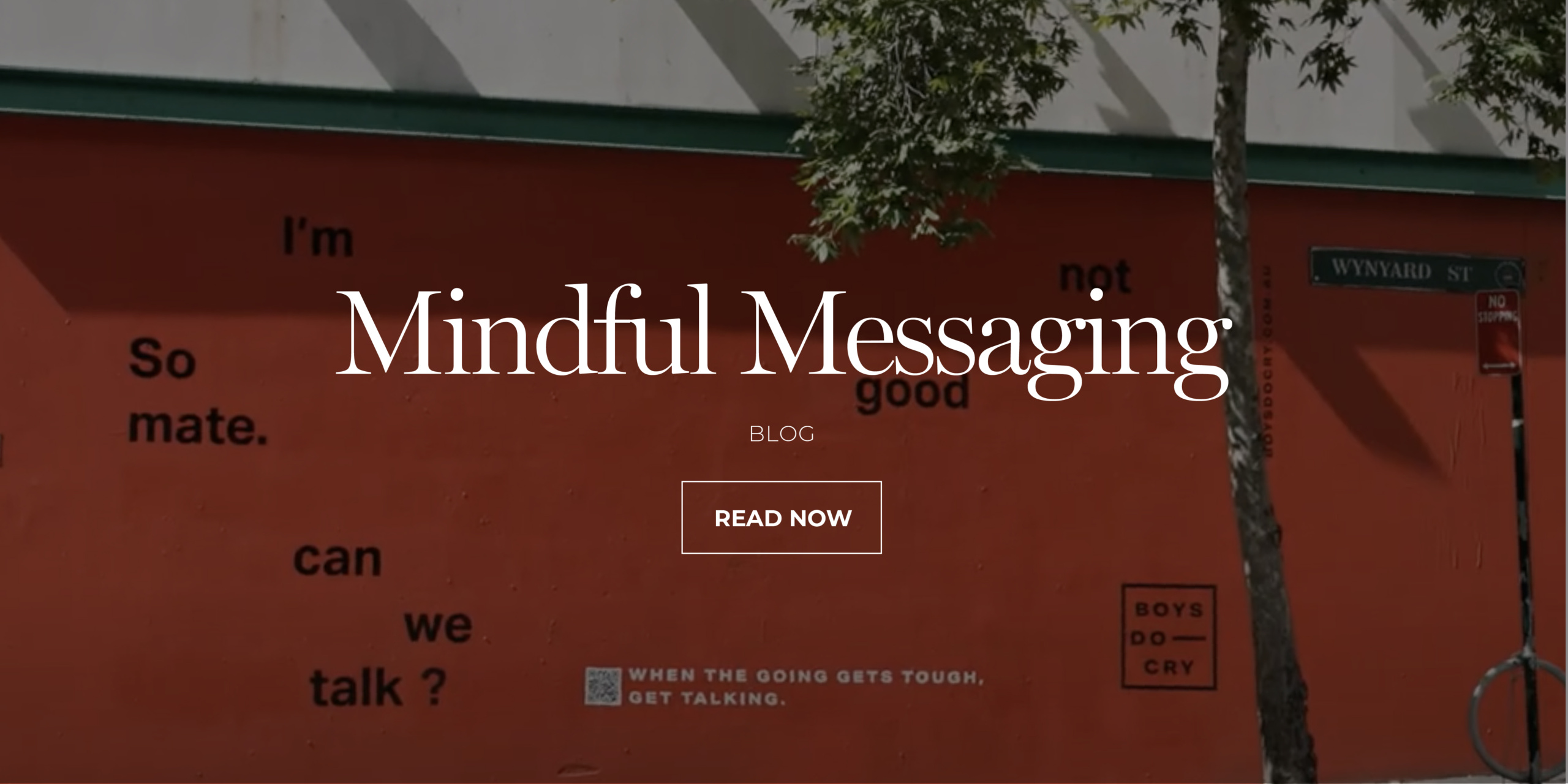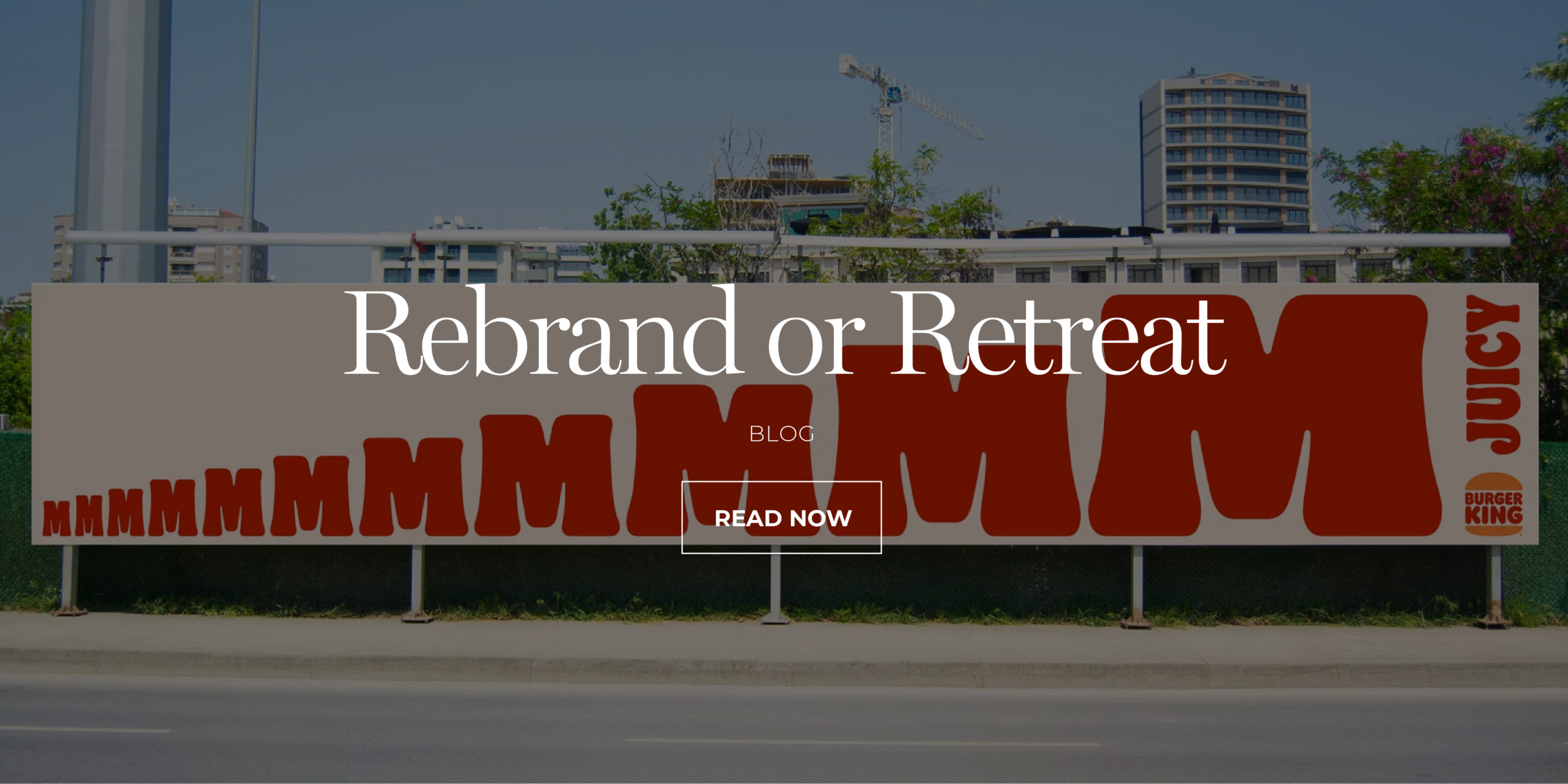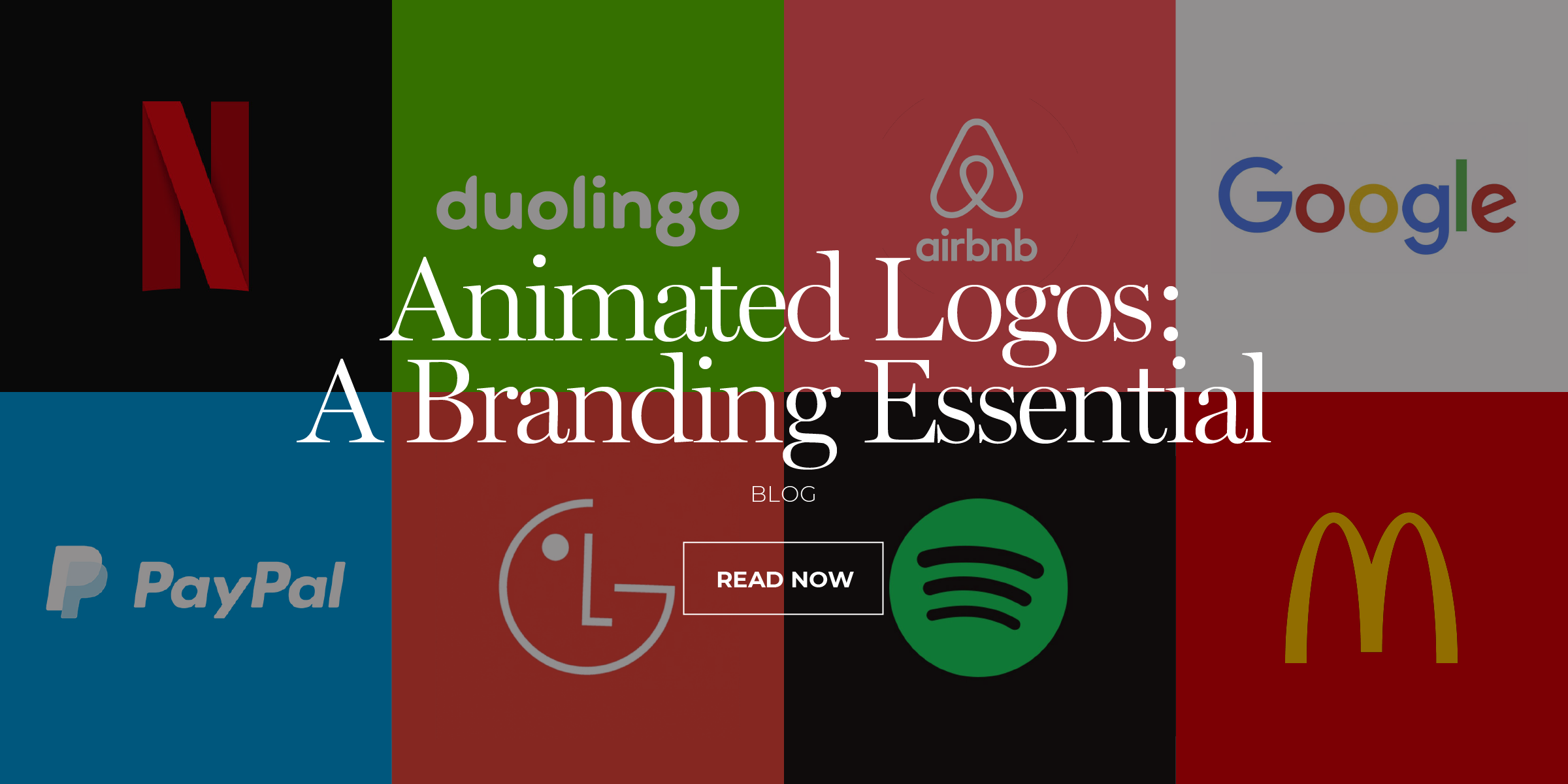Be a ‘must-have’.
Of course, you won’t be the only one executing cost-cutting plans. Throughout recessions, all individuals and companies must ‘tighten their belts’ to survive. Any product or service that is considered non-essential or a ‘luxury’ is vulnerable to being cut from their budgets. Make sure that this is not an option for your customers by providing the perfect product-market fit that solves a burning challenge.
If you offer a “must-have” product or service, an economic down-turn is far less likely to impact your business. Consider this advice from Sabri Suby, founder of Australia’s fastest-growing digital agency, King Kong: “You’re either selling candy, vitamins or painkillers; and in times like these you don’t want to position your offer as anything other than a painkiller.”
Candy, as Sabri Suby describes, are nice to have, and people do enjoy them; however, they are not positioned as a solution that solves a burning problem one might be facing. Thus, candy might be a great offering in good times, but not ideal in more challenging scenarios.
Vitamins, similarly, have a positive impact over time and they might be good for you, but they’re not an “urgent need”, thus according to Josh Linkner selling a vitamin is roughly ten times harder. If one stops taking vitamins for months or even years, no real downside is noticed. A potential consumer of vitamins is price-sensitive, leading to them questioning the convenience of purchasing the product or even forgetting to do so on a semi-regular basis. In both scenarios, if your company tries to sell candy or vitamins during an economic recession, it will most definitely struggle.
On the other hand, painkillers offer an immediate solution to a pressing and critical problem that needs to be alleviated urgently. In times of a recession, you don’t want to position your offer as anything other than a painkiller; “Think about it this way, if you’re feeling crippling physical pain, you tend to focus on finding a painkiller solution. Immediately. You’re not going to waste much time doing a lot of research or price shopping. You just want a solution to your problem immediately. Products that are painkillers are therefore in higher demand, experience less price pressure and are able to drive profitable and sustainable growth regardless of the economic context. So as the economy contracts…the opportunity lies in converting your candy or vitamin offer into a painkilling solution.”
As a marketer or business leader, ask yourself – are you selling vitamins, candy or painkillers?
Perhaps answering this question is not easy as most likely your product offering sits somewhere in the middle; however, how you market it will make the difference in its perception. As advised by Josh Linkner “whether you are starting a new business, introducing a new product or expanding into new geographical territories, give a deep look in the mirror to figure out which you are selling. If it turns out you’re selling vitamins, it may be time to go back to the drawing board to sell something different or at a minimum to position your product/service/solution with more urgency.”
As an economic crisis approaches, it is essential that we all take a critical look at our businesses from the perspective of our consumers and put ourselves in their shoes. Are you offering something they really need today; a ‘must-have’? Are you helping them solve big pain points? It turns out, the secret to surviving and thriving through a recession is to find out how to best solve your customers’ real pains.
Brands Turning Vitamins into Painkillers
MECCA Livestream
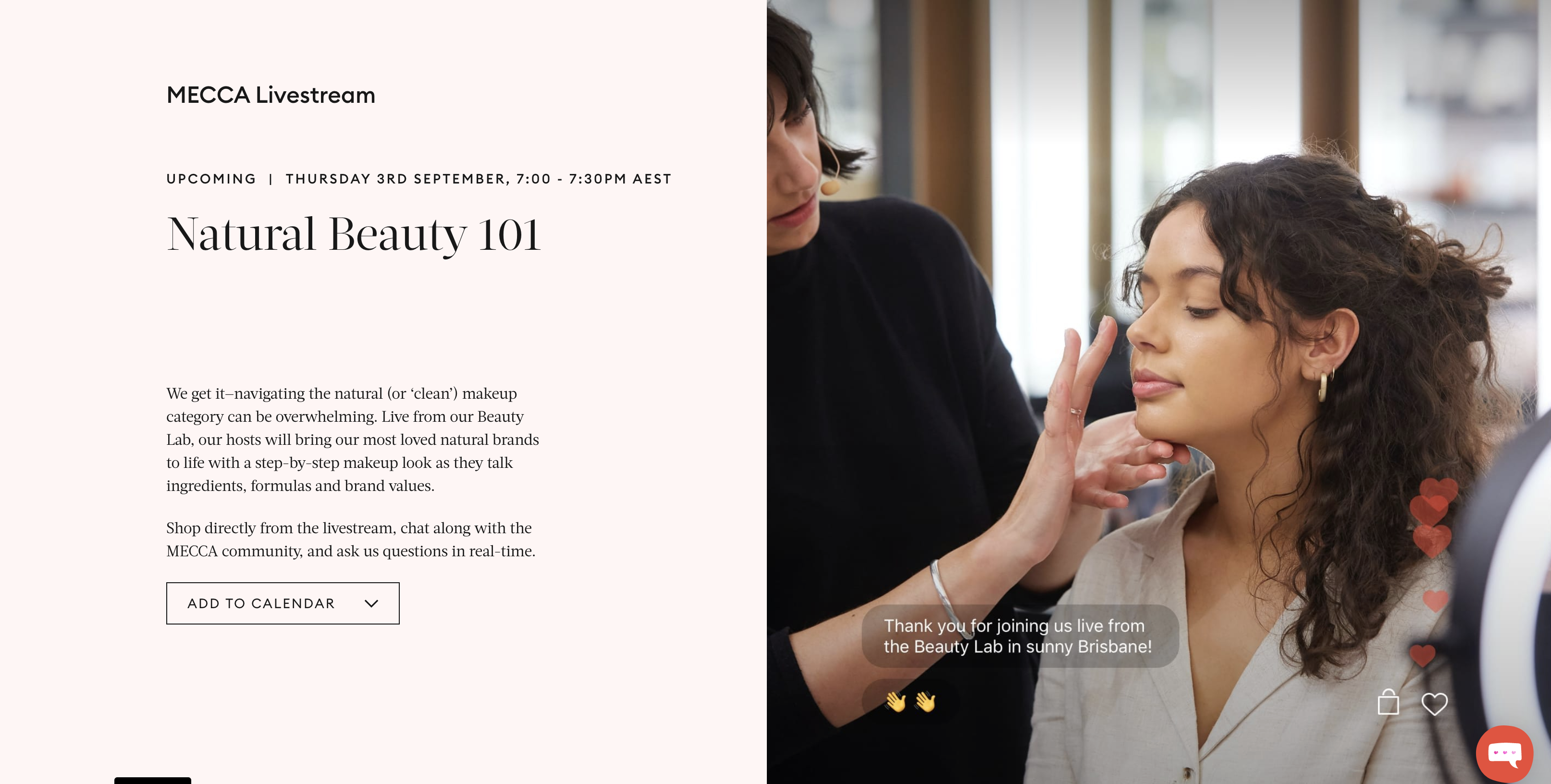
MECCA Livestreaming from their Beauty Lab
As bricks-and-mortar retail was restricted in affected regions by COVID-19, many fashion and beauty enterprises rapidly redeployed sales efforts to new channels – MECCA being one of them.
The Australian brand was forced to shut down all its stores during the lockdown. The company redeployed its beauty advisors from those stores to become influencers by leveraging its website. This strategic move was made as an attempt to engage customers virtually and drive online sales. These tutorials which would normally be offered as one-on-one or group sessions at their physical stores are now provided free-of-charge for whoever has a passion for skincare and makeup or wants to learn more on the topics. During these livestreams one can shop directly the products showcased, can chat along to the MECCA community and ask questions in real-time. The content posted varies from step-by-step makeup looks where ingredients and brand values are discussed to regular unboxings of monthly favourites. This initiative has proven to be extremely successful as it has attracted over 25k participants thus far.
IsoKing from Stagekings
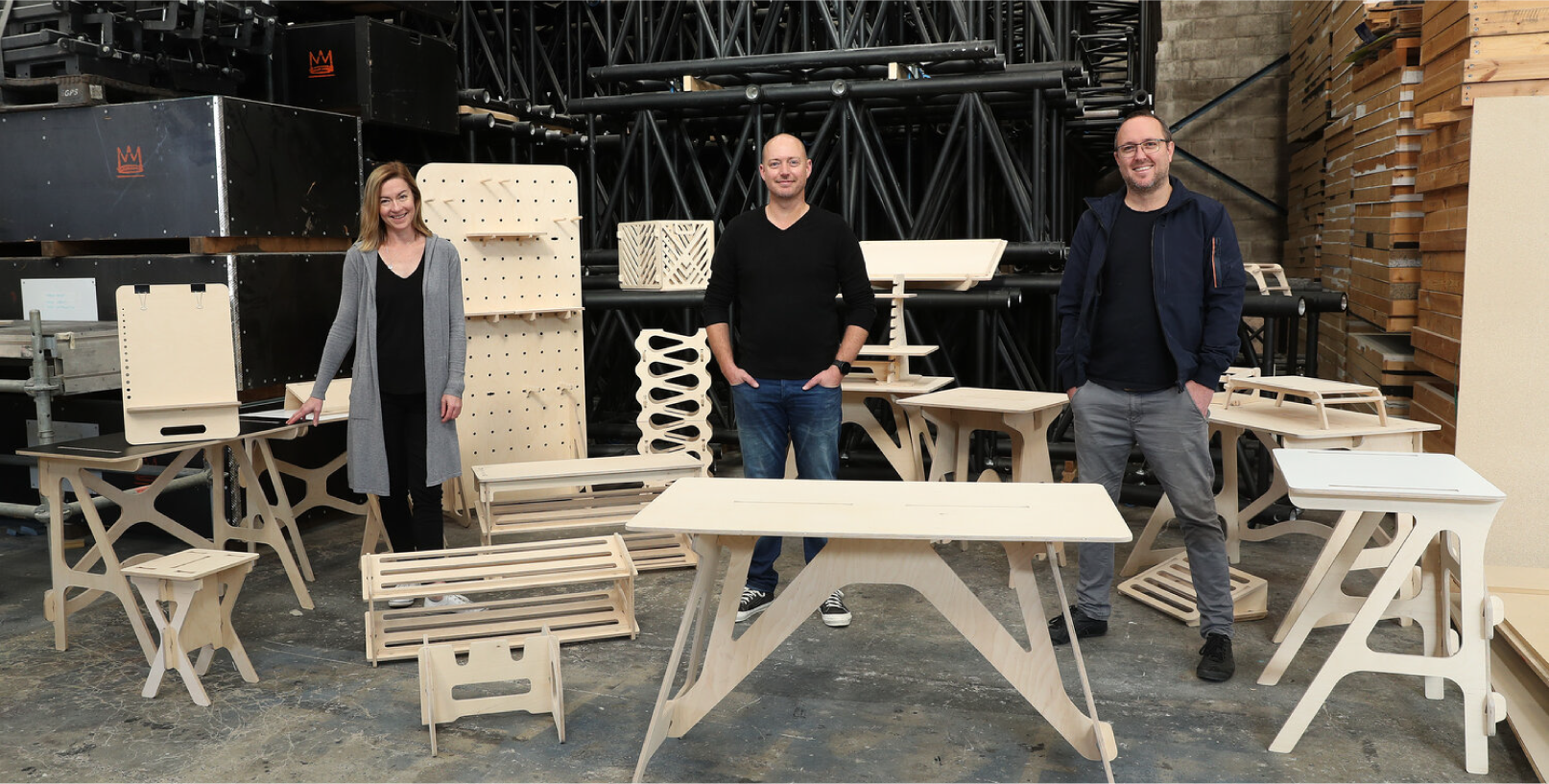
StageKings’ new business venture; Isoking, “helping people work from home since 2020.”
The concert and events industry was one of the first to be severely affected by the spread of COVID-19. Billboard estimated that the concert industry could lose up to $20 billion this year as a result of public gatherings being banned under social distancing rules, consequently leaving up to 250,000 people unemployed. This required for many business owners to strategically and creatively pivot their company.
Jeremy Fleming from Stagekings was prepping a 37-metre-tall globe for Formula 1 just 48 hours before the event was cancelled. A business made of carpenters, support staff, scaffolders and labourers who specialise in creating every structure of music festivals suddenly had all their remaining income for the year disappear. He quickly rethought the entire business model; by leveraging their expertise in how to use CNC routers the team went from crafting stages to producing affordable desks for people working from home during isolation – and this is how IsoKing was born. All their products in the line need no tools to be assembled and take roughly 30 seconds to do so. The demand was instant, and it has steadily grown since IsoKing’s inception. They were able to donate $10 from every sale to Support Act, a charity supporting music workers that were affected by the pandemic, and impressively raised over $10,000 in their first few weeks of business.
Zoku Hotel to Private Office
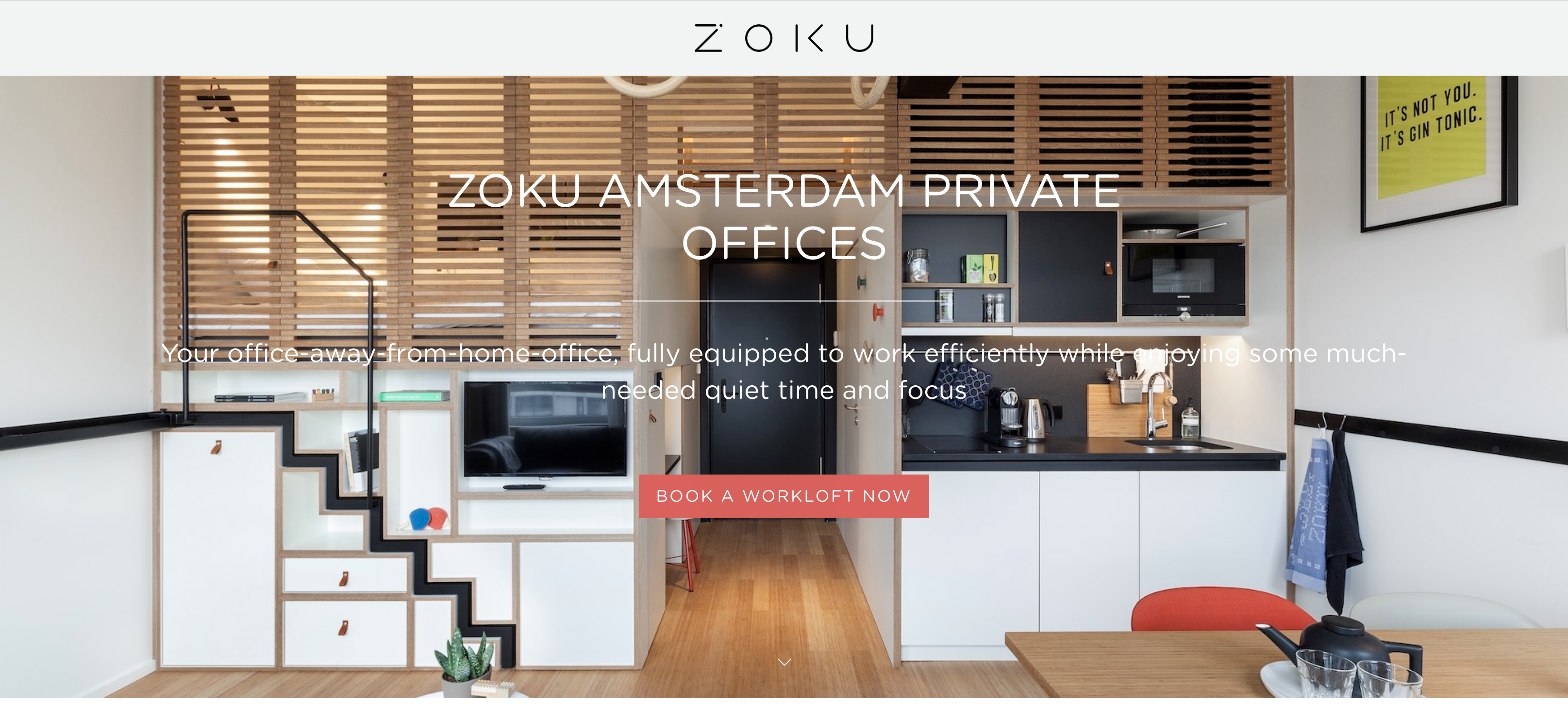
Zoku, the Amsterdam-based hotel that is promoting the hybrid lifestyle
Hotel occupancy rates have fallen as a result of COVID19-related restrictions which have been imposed globally for months. In Amsterdam, over 200 hotels have stopped operating – Zoku being one of the few exceptions. The hotel has smartly responded to the crisis by rebranding its rooms as day-stay hideaways where grown-ups can escape from the many distractions at home during the working hours of the day. The Privat WorkLoft offers its guests a quiet place to work which is equipped with a kitchen, high-speed WiFi and a toolbox full of stationery and supplies, for a daily fee of €50. Zoku’s initiative illustrates a great example of how unused capacity can be repurposed in smarter and more efficient ways, and that one can rethink their business model and successfully adapt to new unfavourable circumstances.
12 Strategies to Survive and Thrive Through a Recession
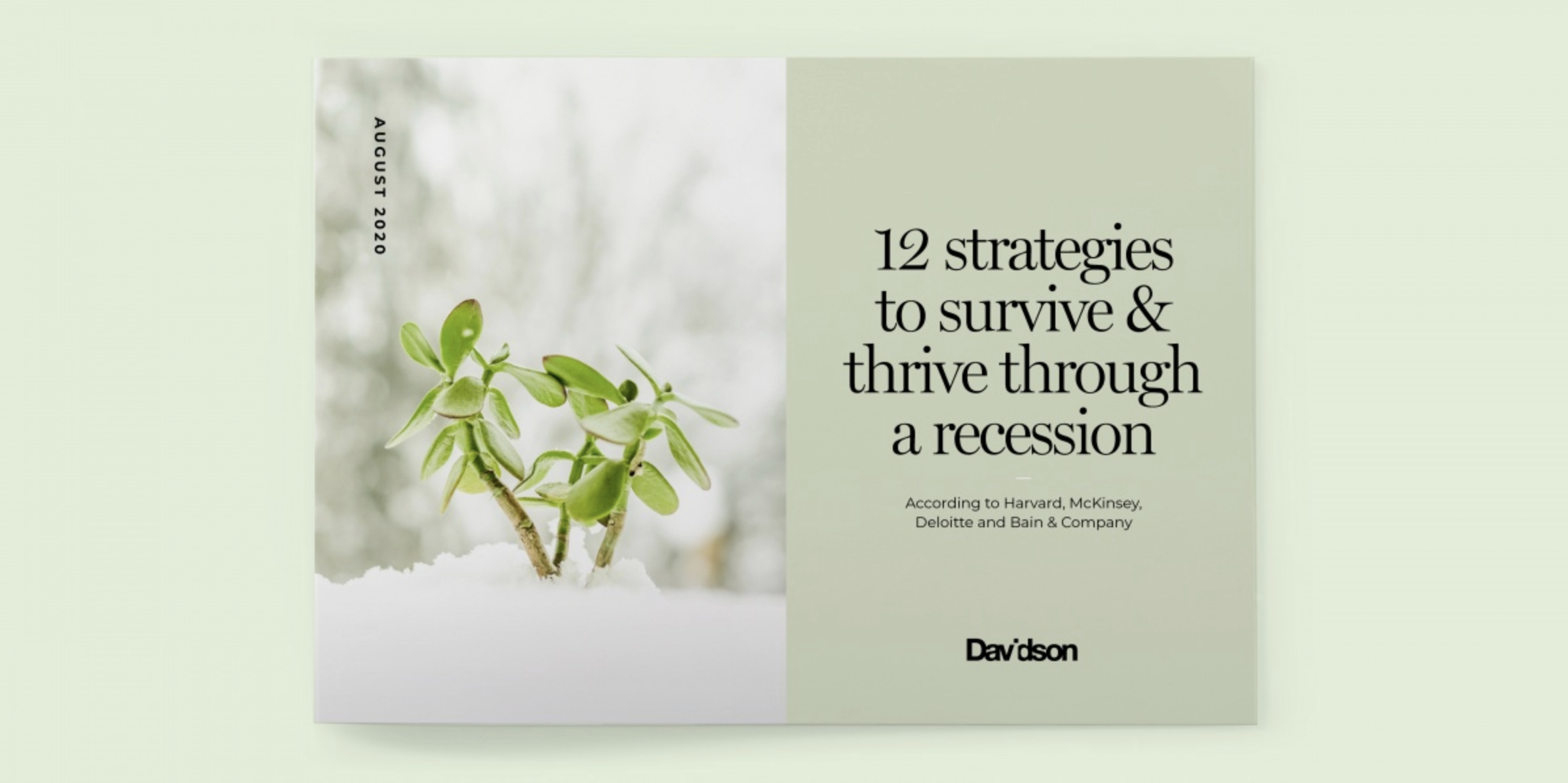
In an attempt to further help you navigate these uncertain times, we have compiled a report containing 12 proven resilience strategies by drawing from a collection of case studies, research papers and insights from experts including Harvard, Bain & Company, Deloitte, and McKinsey & Company.
Need a little help?
We would love to help you weather the storm by offering a complimentary strategy call with our Strategy Director, Grant Davidson. Grant has led our company and many others through three prior recessions over nearly three decades, thus has the experience and knowledge needed to help you assess the current standing of your business and identify growth opportunities.


